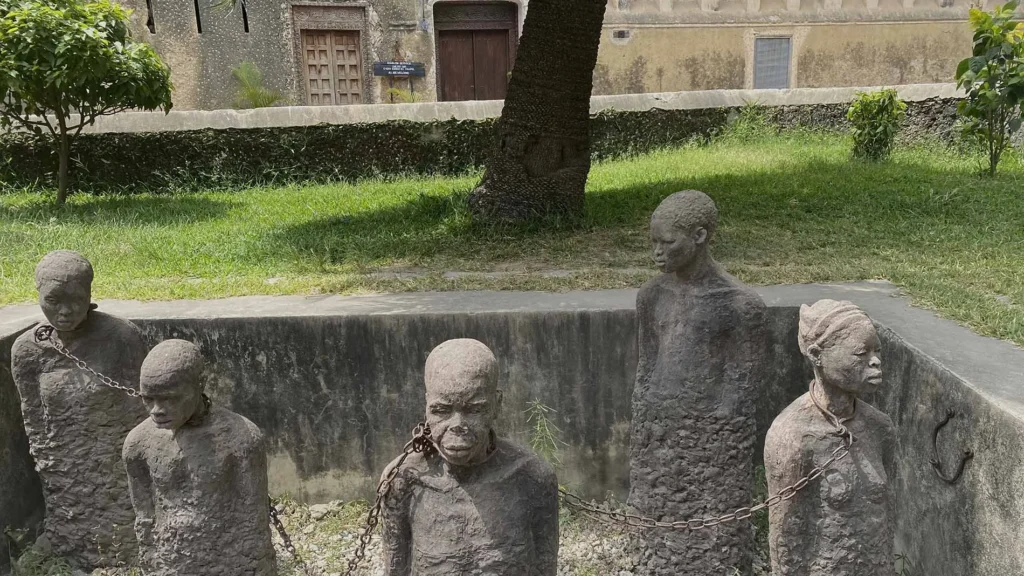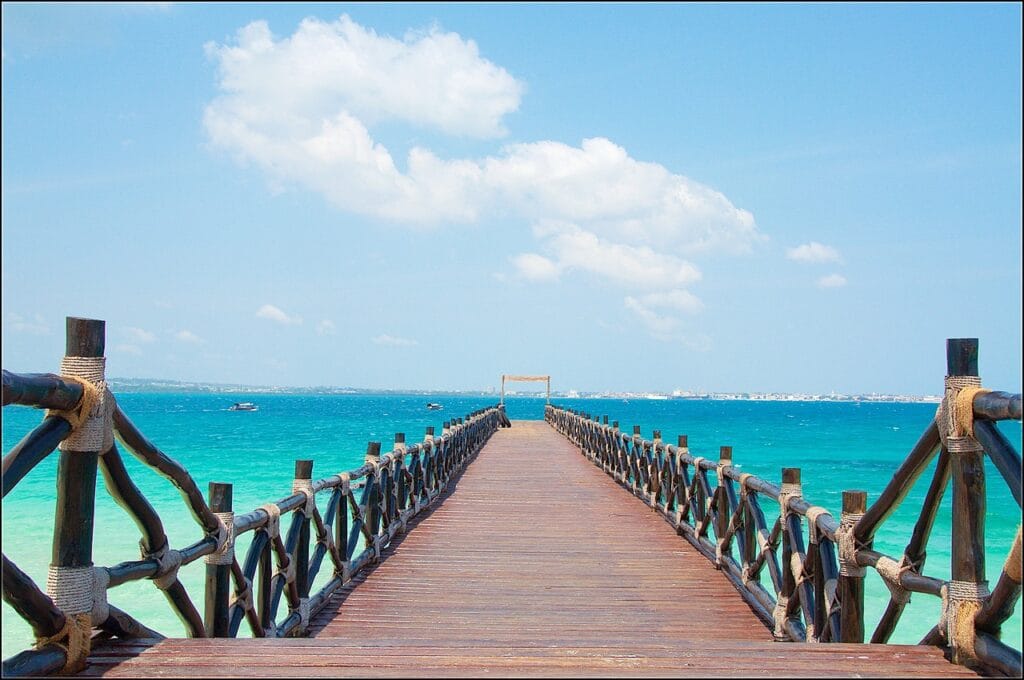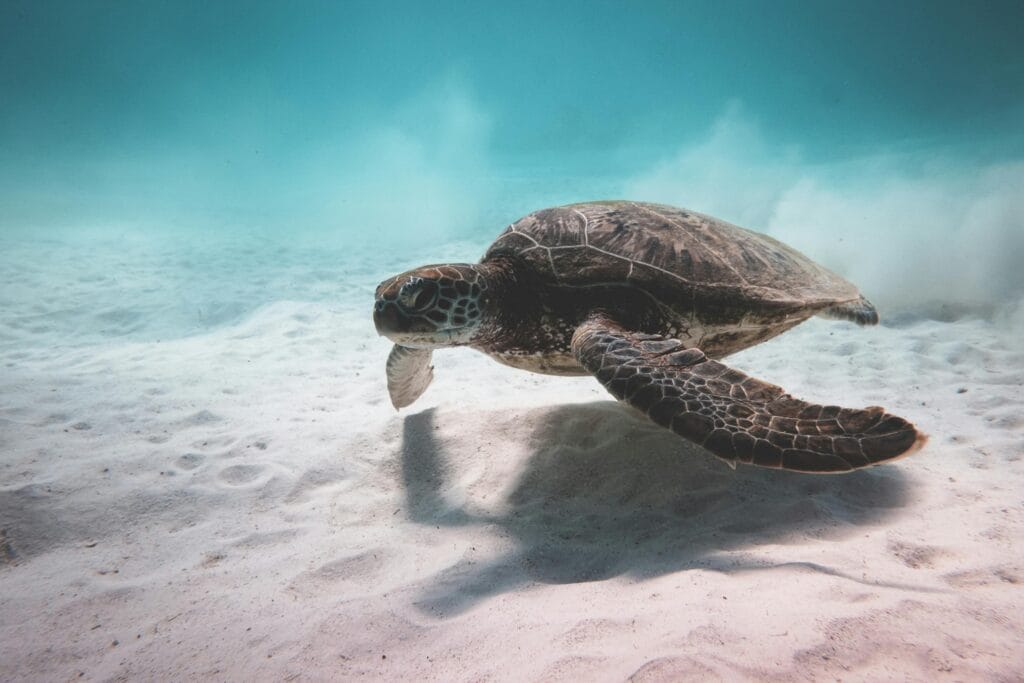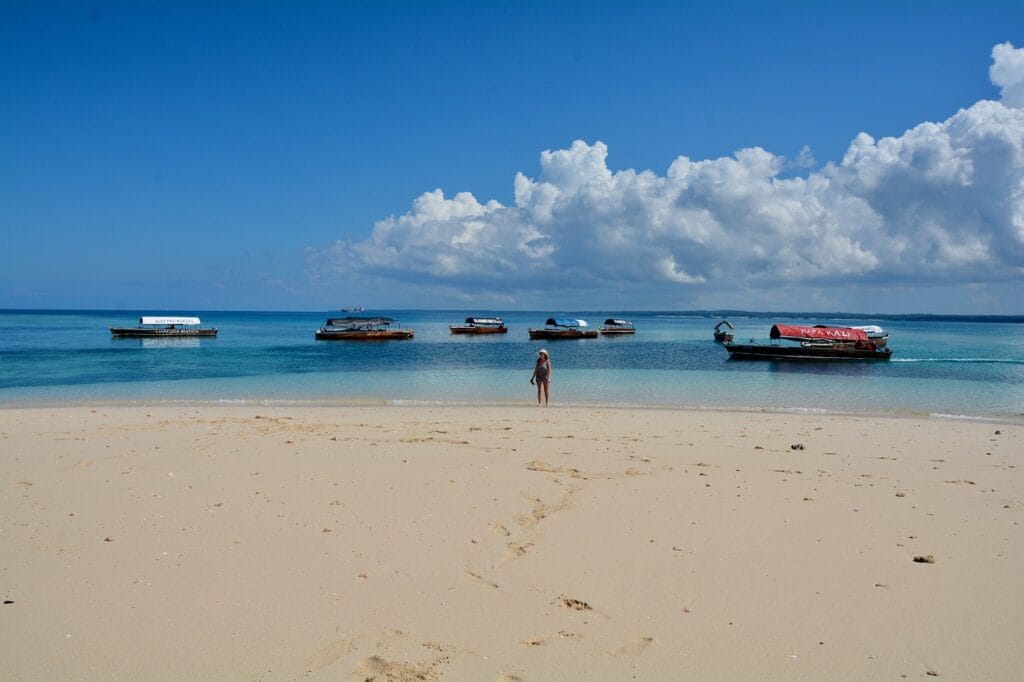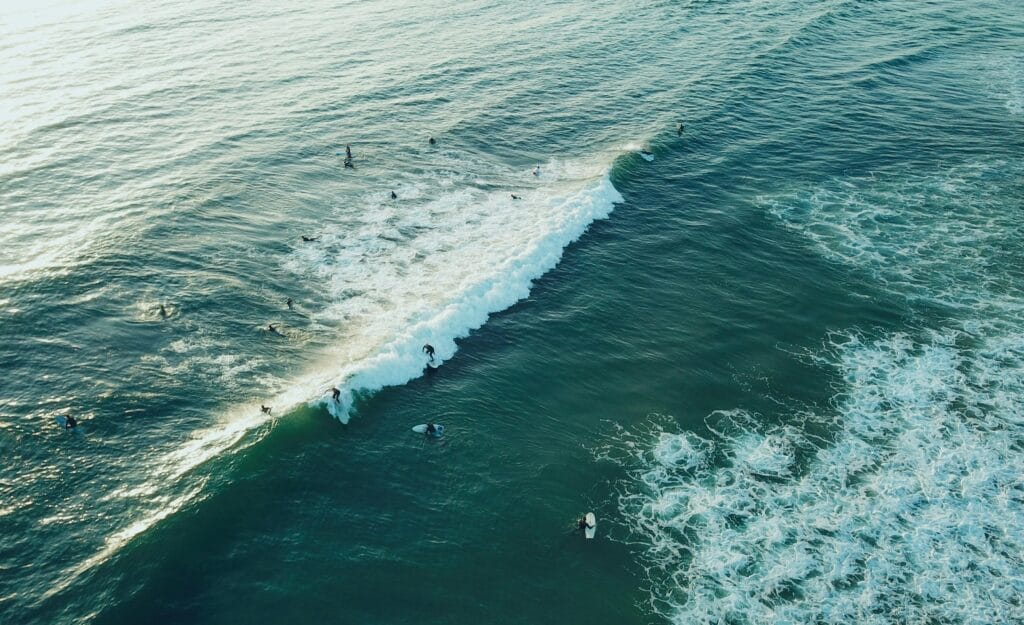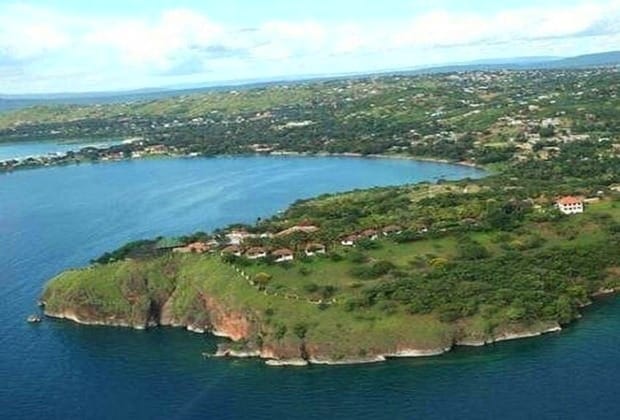How to Plan a Zanzibar Destination Wedding: A Dream Ceremony on the Beach
Imagine exchanging vows with the sun setting over the Indian Ocean, surrounded by pristine beaches and lush tropical landscapes. Zanzibar, the enchanting archipelago off Tanzania’s coast, offers the perfect backdrop for a destination wedding that combines romance, adventure, and cultural richness. At Future African Safari, we specialize in creating unforgettable Zanzibar destination weddings tailored to your unique vision. Here’s how to plan your dream ceremony on the beach in Zanzibar. 1. Choose the Perfect Venue Zanzibar boasts a variety of stunning venues, from luxurious beachfront resorts to secluded private islands. Selecting the right venue sets the tone for your entire wedding experience. Luxury Resorts: Opt for renowned resorts like The Residence Zanzibar or Baraza Resort & Spa, which offer comprehensive wedding packages, elegant venues, and exceptional amenities. Private Islands: For an intimate and exclusive celebration, consider renting a private island such as Mnemba Island Lodge, ensuring privacy and personalized service. Traditional Settings: Embrace Zanzibar’s cultural heritage by hosting your ceremony in a traditional Swahili setting within Stone Town or a spice plantation. 2. Plan the Ceremony and Reception Design a ceremony that reflects your personal style and cultural preferences while taking advantage of Zanzibar’s natural beauty. Beachfront Ceremonies: Exchange vows on the soft sands with the ocean as your backdrop, complemented by tropical floral arrangements and elegant decor. Cultural Elements: Incorporate local traditions, such as Swahili music and dance, to add a unique and memorable touch to your celebration. Reception Options: Host a stylish reception with gourmet dining, live entertainment, and stunning sunset views to create an unforgettable evening for you and your guests. 3. Handle Legal Requirements Navigating the legal aspects of a destination wedding ensures that your marriage is recognized both locally and internationally. Documentation: Ensure you have all necessary documents, including passports, birth certificates, and any required permits. Future African Safari can assist with gathering and organizing these documents. Local Regulations: Familiarize yourself with Zanzibar’s marriage laws and regulations. Our experienced team can guide you through the legal process to make your wedding seamless. 4. Accommodate Your Guests Zanzibar offers a range of accommodation options to suit every budget and preference, ensuring your guests enjoy a comfortable and memorable stay. Group Bookings: Reserve blocks of rooms at your chosen venue to streamline logistics and provide a centralized location for all guests. Variety of Options: From luxury resorts and boutique hotels to charming guesthouses and eco-friendly lodges, Zanzibar caters to diverse accommodation needs. Transportation: Arrange convenient transportation for your guests, whether it’s airport transfers, shuttle services, or private cars, to ensure smooth travel throughout their stay. 5. Engage Professional Wedding Planners Working with experienced wedding planners can transform your vision into reality, handling every detail with expertise and care. Local Expertise: Future African Safari’s wedding planners have in-depth knowledge of Zanzibar’s best venues, vendors, and traditions, ensuring a flawless event. Personalized Services: Customize your wedding package to include everything from décor and catering to entertainment and photography, tailored to your specific desires. Stress-Free Planning: Let our professionals manage the logistics, allowing you to relax and fully enjoy your special day. 6. Plan Activities for Your Guests Enhance your wedding experience by offering a variety of activities that allow your guests to explore and enjoy Zanzibar’s unique attractions. Cultural Tours: Organize guided tours of Stone Town, spice farms, and local villages to immerse your guests in Zanzibar’s rich heritage. Water Activities: Offer snorkeling, diving, dhow cruises, and beach relaxation for guests seeking adventure and relaxation. Spa Treatments: Provide luxurious spa experiences for ultimate relaxation and pampering before and after the wedding festivities. 7. Capture the Memories Professional photography and videography are essential for preserving the beauty and emotions of your Zanzibar destination wedding. Experienced Photographers: Hire photographers who specialize in destination weddings and understand the best locations and lighting for stunning shots. Creative Videography: Capture your ceremony and reception with cinematic videography, ensuring every moment is beautifully documented. Personal Touches: Incorporate personalized elements, such as pre-wedding photo shoots on the beach or drone footage of your celebration, to create unique and lasting memories. Conclusion: Your Dream Wedding Awaits in Zanzibar Planning a destination wedding in Zanzibar is a journey filled with beauty, culture, and unforgettable moments. At Future African Safari, we are dedicated to making your dream wedding a reality, handling every detail with precision and passion. From selecting the perfect venue to coordinating every aspect of your celebration, our expert team ensures a seamless and magical experience for you and your guests. Ready to say “I do” in paradise? Contact Future African Safari today to start planning your Zanzibar destination wedding and embark on a romantic adventure that you and your loved ones will cherish forever. Explore more about our wedding packages and discover the best of Zanzibar with Future African Safari. Your unforgettable African adventure starts here! Customize your Tour Kilimanjaro 3 tours Safari 9 tours Zanzibar 3 tours
How to Plan a Zanzibar Destination Wedding: A Dream Ceremony on the Beach Read More »


